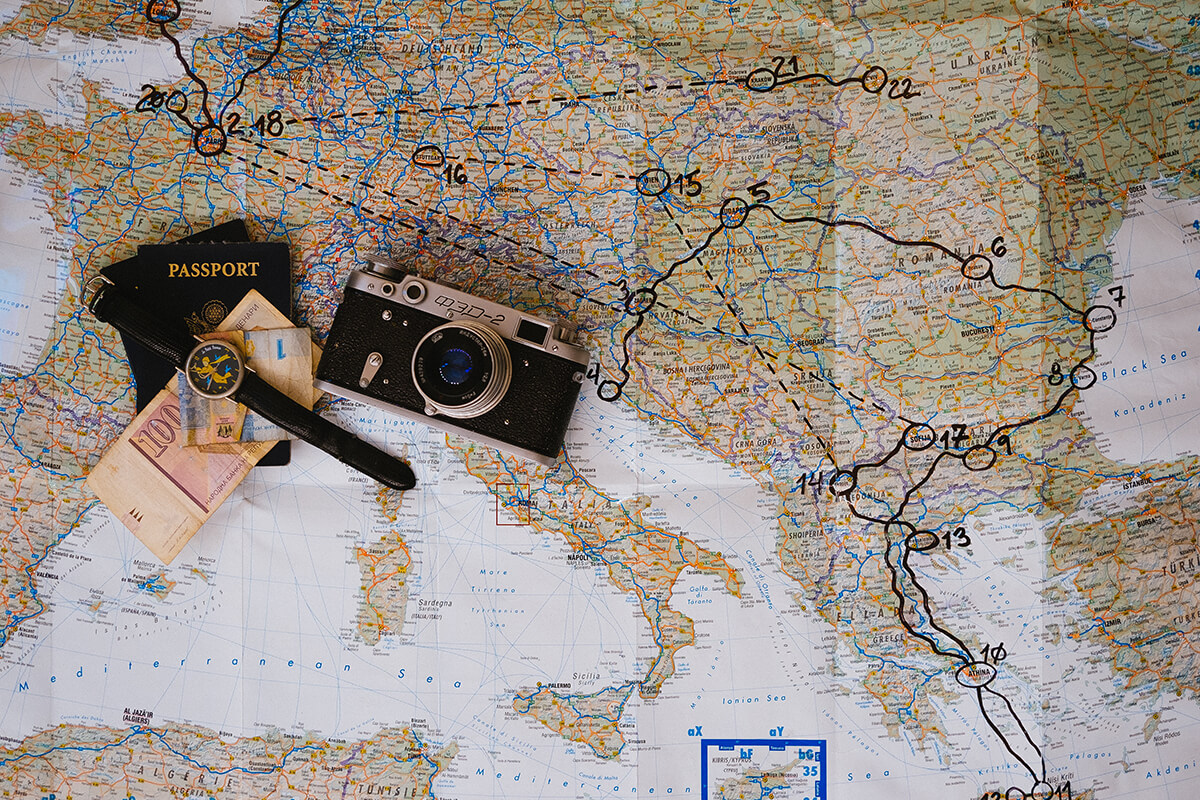
Whilst the sharing economy has made travelling more convenient and affordable, consumers need to be wary of companies that are cutting corners to get ahead, says Abercrombie and Kent Founder and LUX columnist Geoffrey Kent
Looking back over my 56 years in the travel industry and I can think of very few concepts that have revolutionised the way we holiday in the same way the rise of the sharing economy has. Uber, Lyft, Airbnb and other examples of ‘collaborative consumption’ companies have changed the way we visit destinations and how we interact with them while there – where we stay and how we move around.
No longer a fad, PricewaterhouseCooper declared the sharing economy here to stay back in 2015. Figures that are sure to have increased since PWC’s survey was conducted, but then 19 per cent of the total US adult population had engaged in a sharing economy transaction, and amongst those familiar with the sharing economy, the vast majority perceived benefits like convenience, efficiency and affordability.
Follow LUX on Instagram: the.official.lux.magazine
The service that Uber and Airbnb provide is undoubtedly something people want – testament to the success they have seen globally in their short lifespans. For me, gone are the days of waiting for a cab in the rain in London – an Uber driver can be with you quickly wherever you need it. And Airbnb answers a need for beds – opening up new destinations to tourists worldwide at a price that suits them. These are both amazing services – taking something people need and making it easily available and accessible from their most prized possession: their mobile phone.

Geoffrey Kent advises travellers to be smart about which companies they use to book trips
The successes enjoyed by these companies have shown regulatory gaps. As is often the case, the law scrambles to keep up with technology. It’s not plain sailing for these companies – nor should it be. The success of the travel industry is based on people doing what they say they will – ensuring holidays happen, or taxis turn up. This is vital to consumer trust. It’s an accepted truth that consumers should always book a holiday with an ATOL-accredited company or an ABTA member. It means you, your money and your holiday are safe.
But convenience often wins over common sense. These smaller, more nimble, and now very available companies are gaining a huge share of the market – they’re not bound by the same licensing rules or health and safety standards.
Read more: Why Lake Como’s appealing to a new generation of travellers
As a result, drivers who have spent years perfecting city road knowledge, have hours of professional driving experience and are committed to being bound by licensing regulations are being undercut. Licensed hotel operators, in an already tough economy, are being squeezed in the marketplace. This is the obvious downside of a sharing economy. Evolution and innovation in any industry is inevitable and vital to ensuring quality and choice improve but all parties should be subject to the same rules and regulations.
We, as consumers, and we, as part of the travel industry, need to know there are clear rules governing how all companies operate. Travel operators adhere to stringent oversight and health and safety regulations providing safe and trouble-free holidays for travellers. Consumers should be able to rightly assume the same levels of care, safety and service from all providers. With this level playing field then established, it will truly be up to the consumer to decide when, where and, most importantly, how travel and experience a destination.
Geoffrey Kent is the founder of luxury travel tour company Abercrombie & Kent, to view their itineraries visit: abercrombiekent.com







Recent Comments